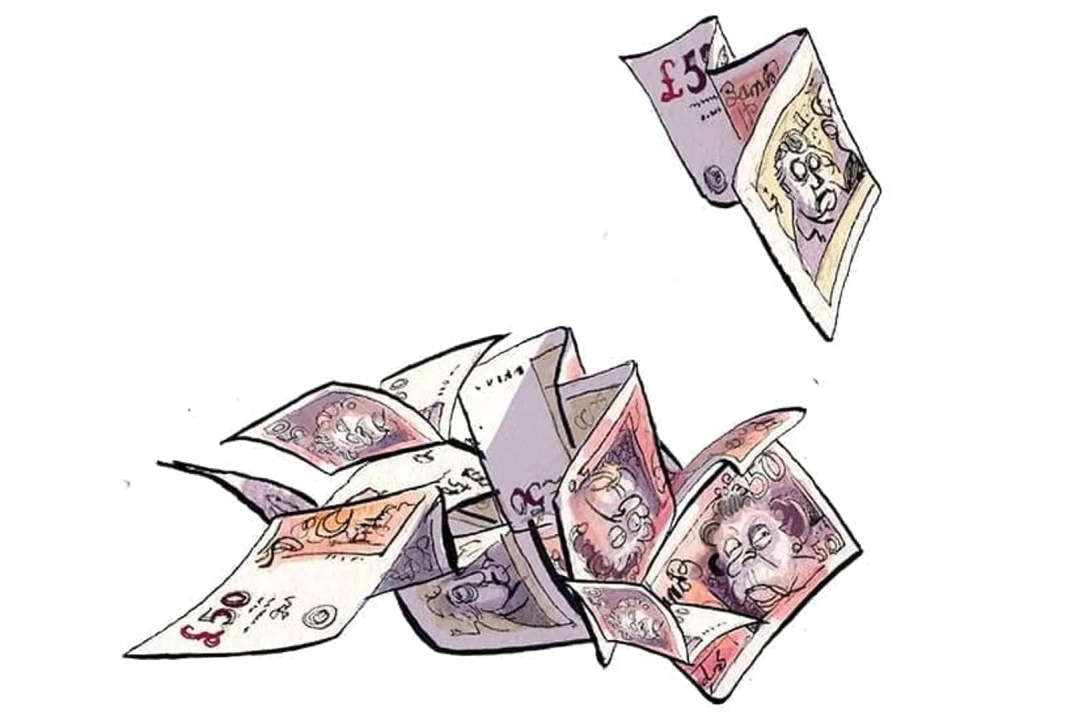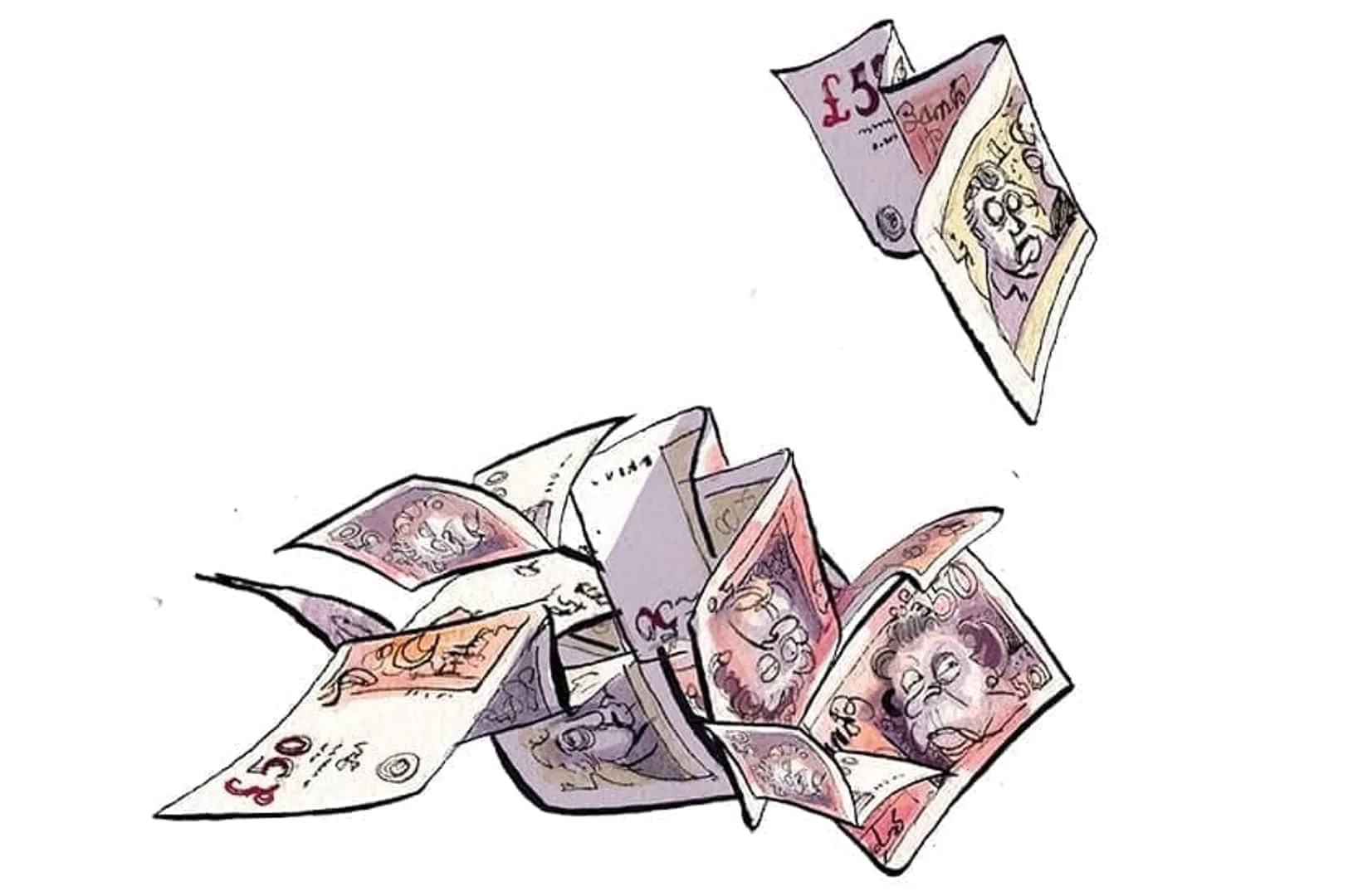The Bank of England recently raised hackles by predicting that the economy would shrink in the final quarter of 2022, with Britain spending the whole of next year in recession. Liz Truss was especially critical, saying that a recession was not inevitable. In last night’s Cheltenham debate she again referred to the subject, saying that it was important we did not ‘talk ourselves into a recession’.
But could a recession arrive actually earlier than the Bank of England predicted? This morning’s figures from the Office for National Statistics (ONS) suggest that the economy shrank by 0.1 per cent in the second quarter of this year. If the figures for the third quarter, due in October, also show a fall then Britain could officially be in recession by then. It would not be the first major industrialised country to fall into recession: the US has already recorded two consecutive quarters of negative growth, the traditional and most widely-used definition of a recession – although Joe Biden, aided by Wikipedia, has sought to change this definition to save his blushes.
So far, six G7 countries have announced their GDP figures for the second quarter. Only Britain and the US showed a fall. Germany was flat, France was up 0.5 per cent, Italy 1 per cent and Canada 1.1 per cent. Japan has yet to report its GDP figures for the second quarter. The contrast between Britain and the large EU economies may excite Remainers, but then the French economy shrank in the first quarter, when the UK economy was still growing. The Italian economy, too, has been more sluggish than Britain’s economy since the pandemic.
Today’s figure is just the ONS’ first estimate, and is subject to revision. GDP figures are quite often revised upwards or downwards by 0.1 per cent, so it is quite possible that the shrinkage of the economy recorded today will disappear on later revisions.
One figure which could make people gulp in the monthly GDP figure for June, when the economy is estimated to have shrunk by 0.6 per cent.
There is, however, a reason for this. The Jubilee celebrations consisted of two bank holidays. Normally we have one bank holiday which falls at the end of May.
Interestingly, the biggest contribution towards a shrinking economy in the second quarter came from ‘human health and social work’ – which fell 5.4 per cent on the quarter. This was largely thanks to the end of NHS test and trace and other infrastructure associated with the pandemic. The Prime Minister has frequently boasted of how Britain’s early vaccination programme allowed it to embark on economic recovery faster than other countries. Ironically, however, the government may inadvertently put the country into recession by ending test and trace when it did.








Comments